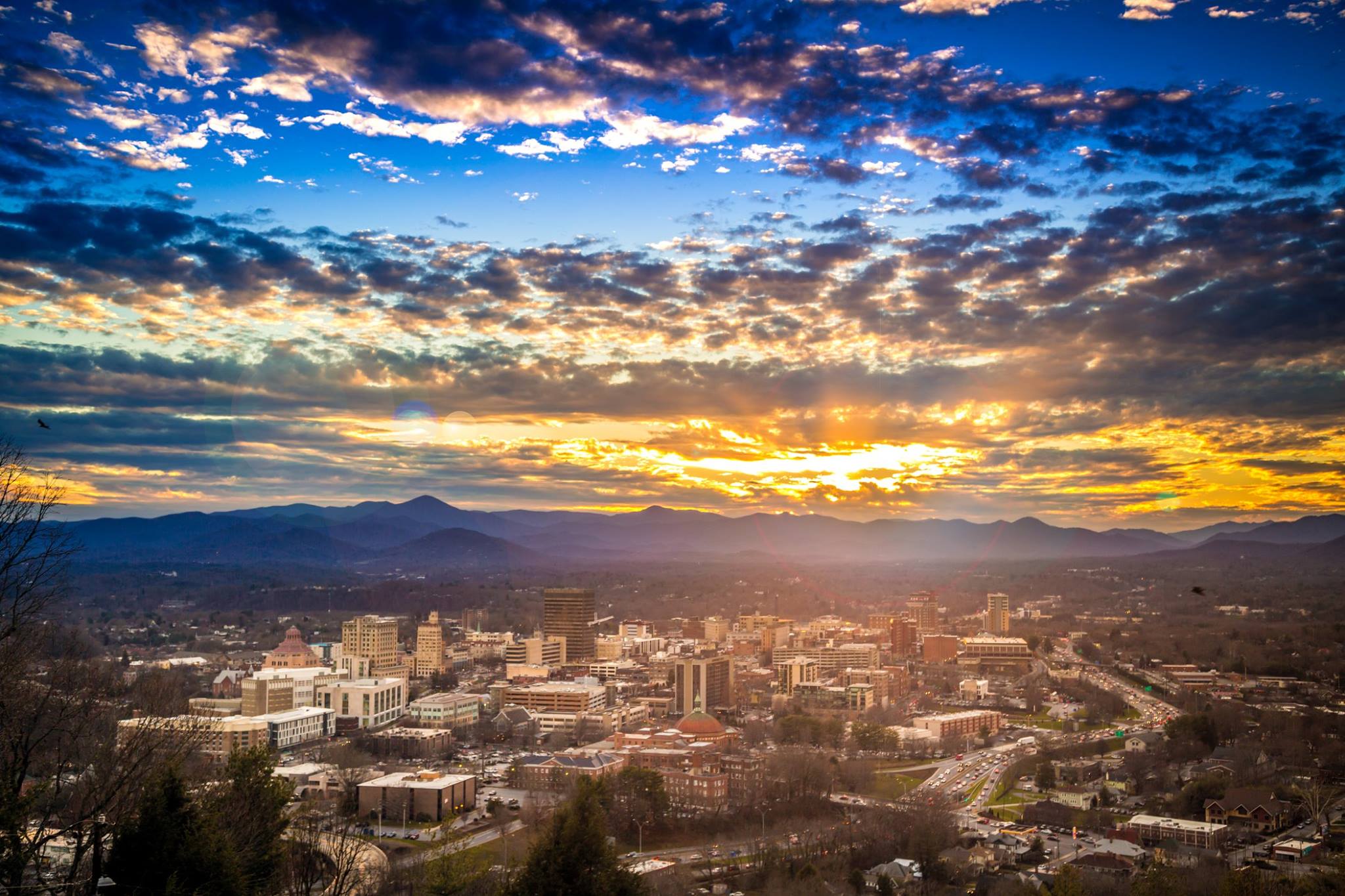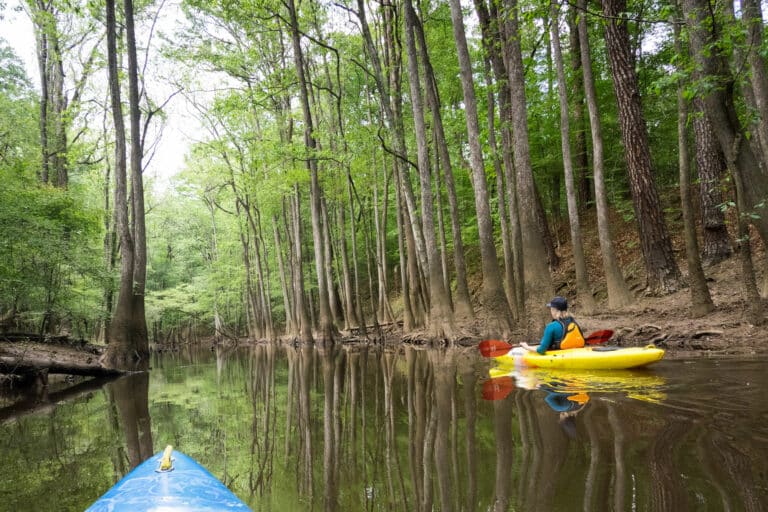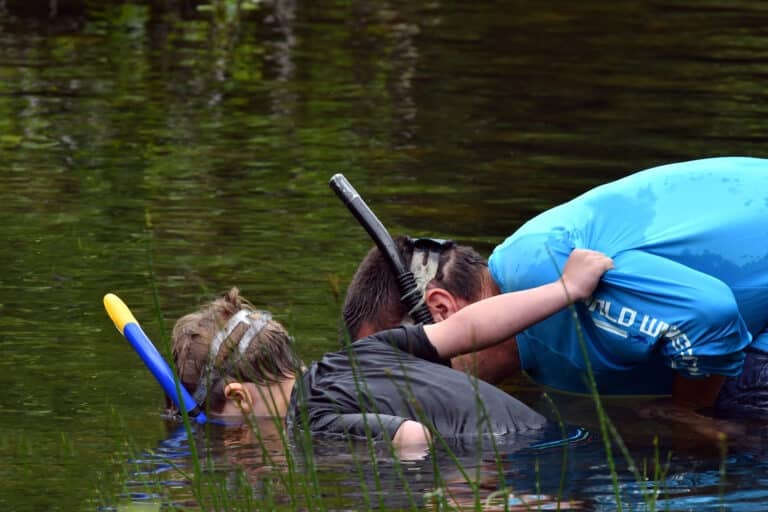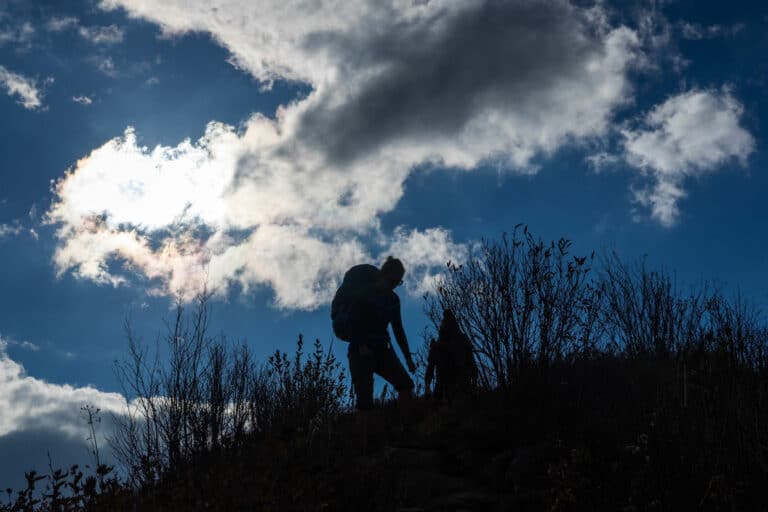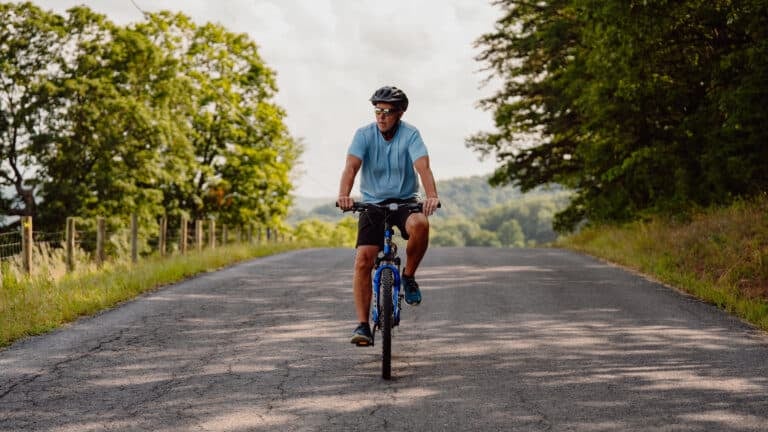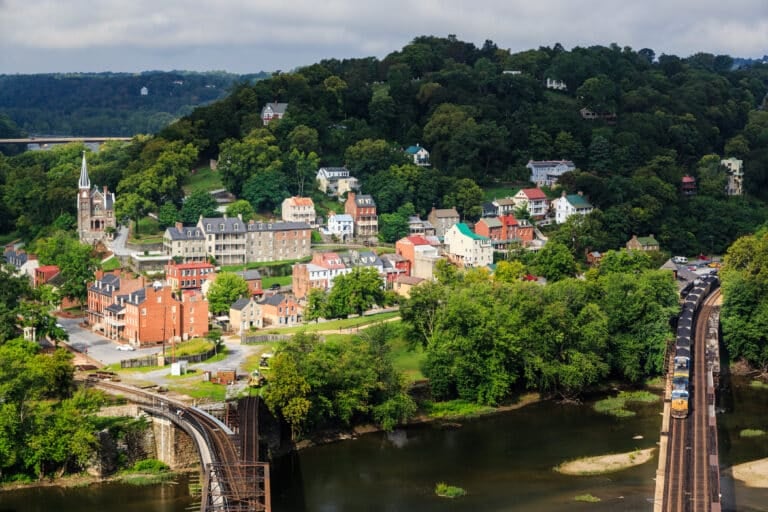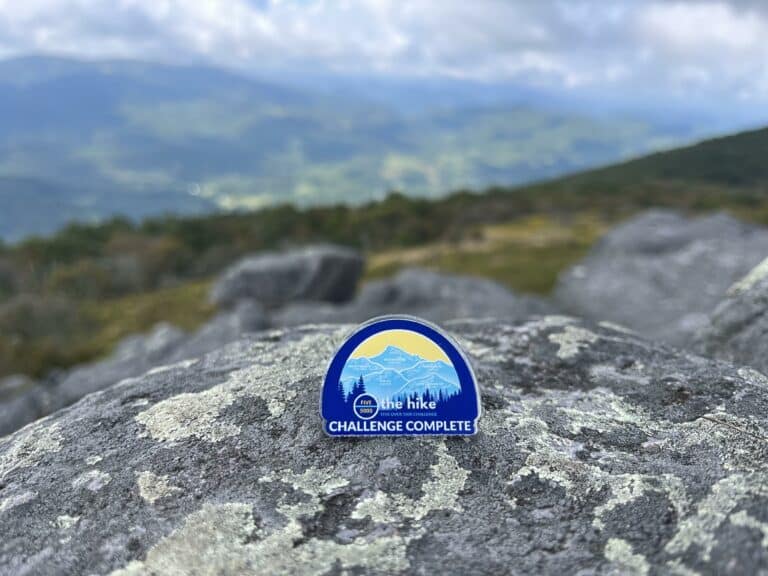I don’t live in the real world. I live in Asheville, N.C., an outdoorsy town located roughly, one hundred yards to the left of the real world. Ask anyone. Things aren’t normal here. The same can be said for Boulder, Colorado, or Fayetteville, W.Va., or Bryson City, N.C. These aren’t “normal” towns. They’re “outdoor” towns; hip, expensive communities with yoga studios on every corner where everyone wears sustainable fabrics as they ride their bikes to work, the whole population votes to the left, and trail erosion is a serious topic of discussion at the dinner table. These are the kinds of outdoor towns that end up in the annual “Best Places to Live” issues of national magazines, rising to the tops of these lists based entirely on their proximity to good rock climbing or skiing or trail running.
For the past several years, I’ve been bouncing back and forth between these towns, continually searching for the coolest, most outdoorsy burg in the country. Believe it or not, there are bunch of people doing this in America. Migratory people sacrificing job security and the American Dream of home-ownership in order to bike the best singletrack or ski the sickest downhill. We move from one small mountain town to the next, displacing locals by driving up real estate prices and raising property taxes. It’s sort of a hip form of manifest destiny where we conquer territory and establish whole foods markets and bike paths.
It sounds like a cool way of life, but living in towns where you can kayak to work comes with a hefty price tag. In a way, it’s like living in prison. You can’t spend that much time in such bizarre environs without experiencing some negative side effects. I call it Outdoor Town Syndrome (OTS) and these are the negative side effects that they don’t discuss in those “Best Places to Live” articles.
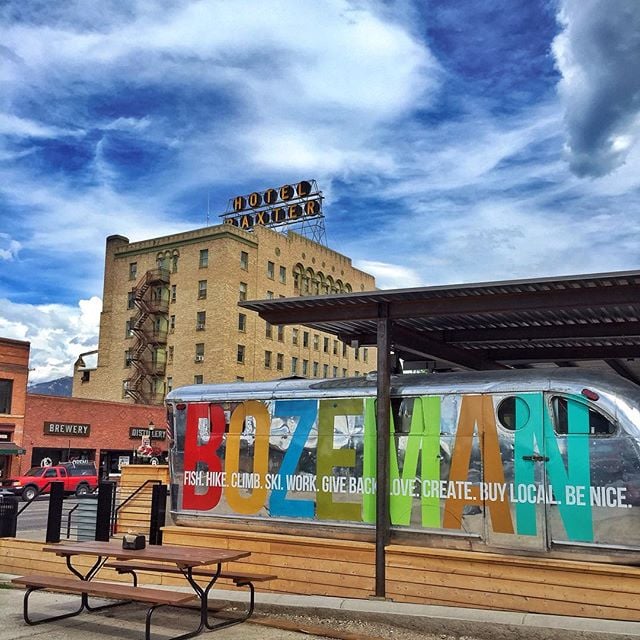
1. Live in an outdoor town for too long and you will become strangely proud of the collectively low body-fat percentage of your town, as if somehow, you are responsible for and connected to the general health of your neighbors. When your normal friends visit, they’ll walk around your town as if they’re in a zoo, pointing to residents and commenting on how nobody in the city is fat. And you’ll beam with pride for no reason whatsoever. This is “six degrees of snobbery,” where you’ll actually convince yourself you’re a better person because you live in a cool town. It’s cool by association, like when you were in high school and you bragged about how you used to sit two seats behind the quarterback on the bus in middle school.
2. Live in an outdoor town and you will eventually spend every Wednesday afternoon earnestly trying to expand your kidneys. Yoga is an essential part of life in outdoor towns and is usually treated with the same reverence as church in small Southern Baptist towns. You’ll first try yoga with a sense of irony (like going bowling) but soon you’ll be convinced of its importance in your life, so when your instructor asks you to “expand your kidneys” or “soften your heart” while in downward dog pose, you’ll try to do it even though a part of you knows the task is impossible.
3. You will come to believe that real men have beards and real women have tattoos. Eventually, you will adhere to a bizarre social hierarchy based on the length of beard and placement of the tattoo.
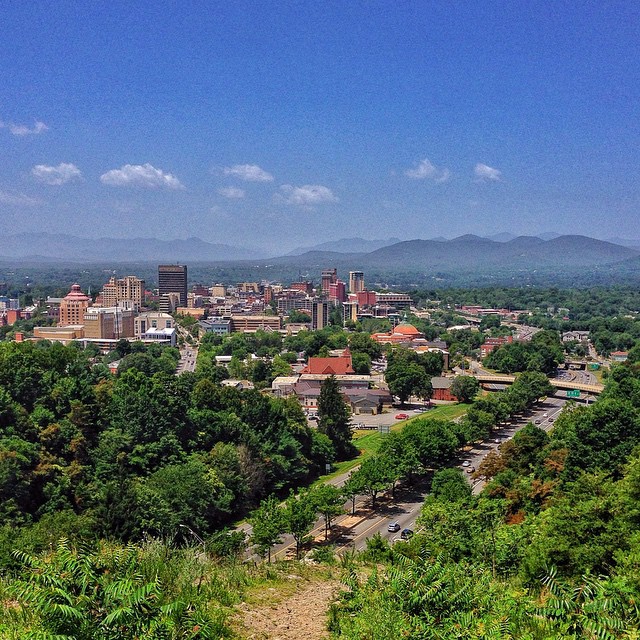
4. You will begin to believe in the medicinal powers of various grasses and herbs, but become skeptical of more traditional cures like Aspirin and chicken noodle soup.
5. Eventually, you will think mundane tasks like driving a car or watching TV are ridiculous, but seeing a man doing tai-chi in his pajamas in a public space will seem perfectly normal.
6. You will become obsessed with the material that makes up other people’s clothing, constantly rubbing their sleeves between your fingers and checking their tags to see if their sweater is organic cotton or merino wool.
7. Biannually, you will succumb to a fit of depression, brought on by the realization that everyone in your town is a better athlete than you. The guy building your gazebo is a professional mountain biker, your mailman runs ultra marathons, and the girl working the checkout counter is on the national ski team. Excellence is everywhere. It’s frustrating.
8. Finally, if you stick around a single outdoor town for too long, you too will become mildly hostile towards outsiders. You’ll ask people where they’re from with a vague sense of superiority. You’ll start to bitch about real estate prices and traffic and put a bumper sticker on your car that says “Native,” even though you’re not really from the town and everyone you’re bitching about is moving to your area for the exact same reason you originally moved there. This is the final stage of OTS and is often considered the first phase of Townie Syndrome, which is highlighted by aggressive conversations at the watering hole and eventually trying to run a biker off the side of the road.
-
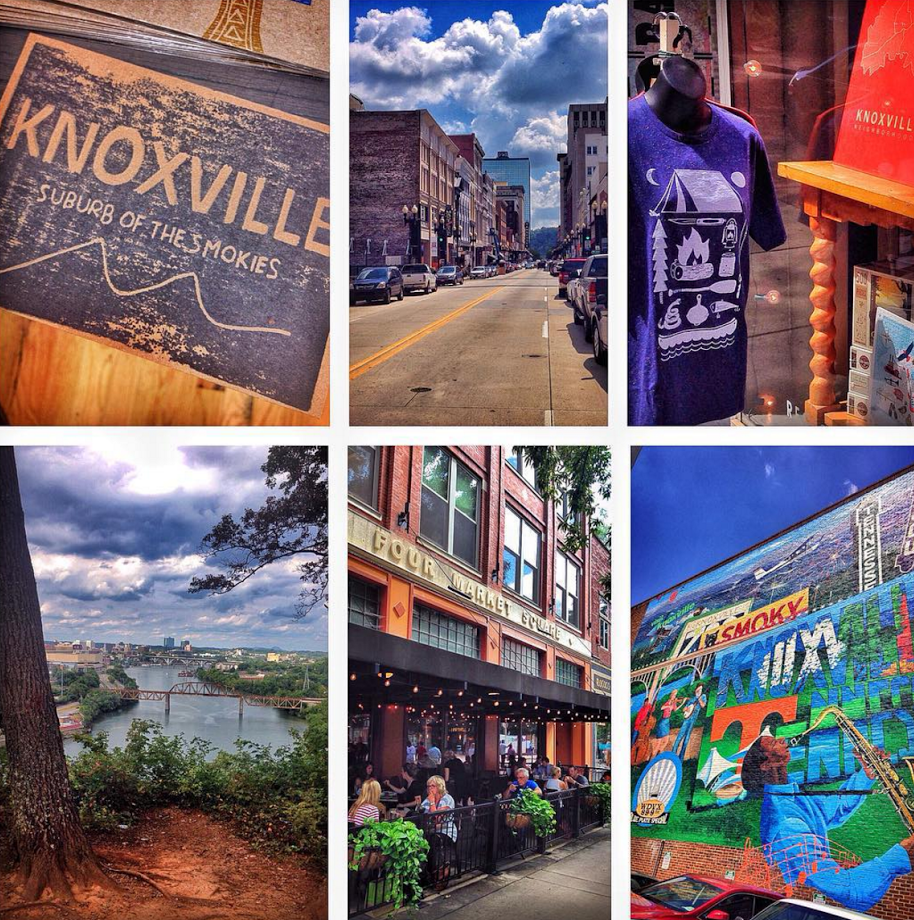
With its quick access to the Smoky Mountains and numerous in-town amenities, Knoxville, Tennessee is quickly becoming an epicenter for OTS in the Southeast.—Photo by Dusty Allison
The most disturbing aspect of OTS is that you don’t even realize you have it, sort of like syphilis. As long as you keep moving from one outdoor town to the next, never leaving the “bubble,” you’ll be completely oblivious to the fact that you simply are not normal. Your priorities will continue to change until one day, you find yourself talking politics with an uncle from some place normal, like St. Louis, and you become irate because he simply does not agree that “boater access” is a topic worthy of debate in the upcoming presidential election.
This will inevitably happen during Thanksgiving, one of the few times you can ever be convinced to leave Asheville or Charlottesville in order to visit your family who still live in some god-awful city that has literally no rock climbing within its city limits. You’ll get angry. You’ll say something like “boater access is one of the underlying principles of the Constitution,” and only then, when your entire family stares at you as if you’ve just defecated inside the turkey, will you realize that maybe, just maybe, your priorities are drastically out of whack with the rest of the country.

Of course, by the time you realize you have OTS it’s too late. This is another dark secret they neglect to tell you about living in outdoor towns. You can never go back. If you contract OTS, it’s permanent and completely irreversible. Once OTS sets in, solid job prospects and reasonable real estate prices will never be as appealing to you as the ability to ski singletrack to the nearest fair trade coffee shop during winter. Discovering that you’ve systematically sacrificed financial stability for trail access is a daunting realization to say the least. But it could be worse. You could be living in some drab city where the terrain is flat and paved, yoga is considered alternative, everybody drives to the store, and the nearest hiking trail is an hour away.
